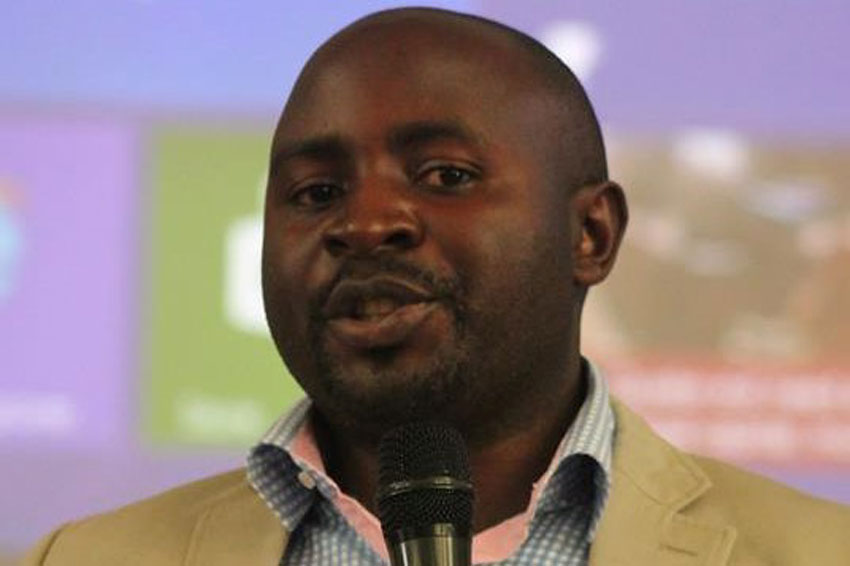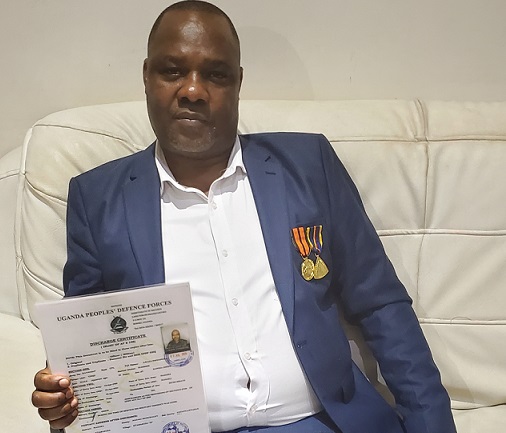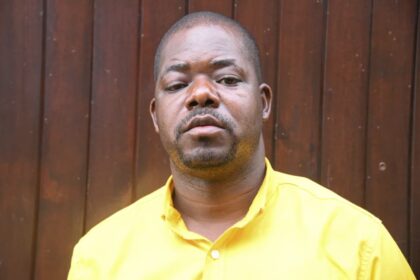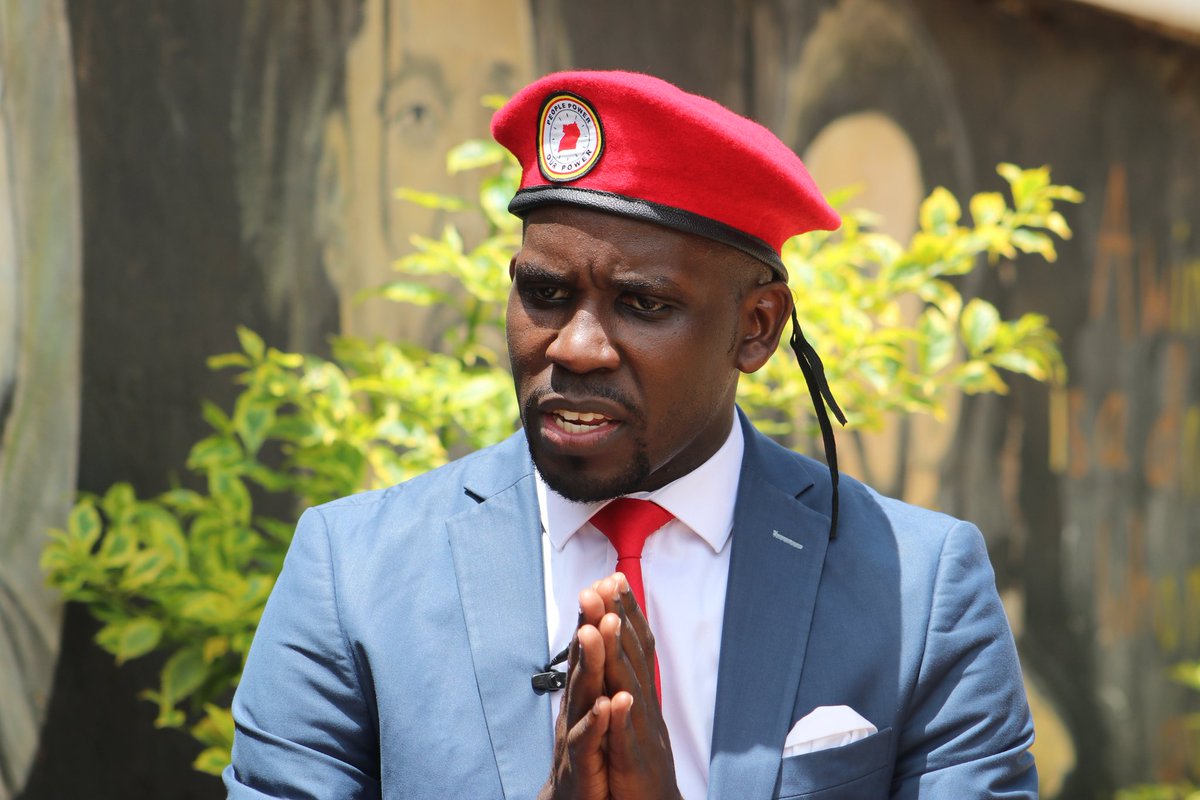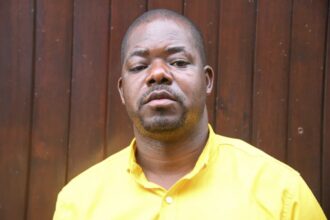Corruption simply means the abuse of entrusted power for private gain. This can mean not only financial gain but also non-financial advantages. Corruption erodes trust, weakens democracy, hampers economic development and further exacerbates inequality, poverty, social division and the environmental crisis.
public servants demanding or taking money or favours in exchange for services, politicians misusing public money or granting public jobs or contracts to their sponsors, friends and families, corporations bribing officials to get lucrative deals, etc..
We have learned from many years of experience that corruption can only be kept in check if representatives from government, business and civil society work together for the common good.
However, as stated by Chinua Achebe in Things Fall Apart, “Umuofia people believe in ‘chi’, an individual’s personal god, and Okonkwo, as a thoroughly traditional Umuofian, listens to his ‘chi’ because ‘chi’ judges a man by his works. A man’s chi also gives him intuition and a sense of his own fate or destiny, and Okonkwo recognizes that a man cannot “rise beyond the destiny of his chi”.
Uganda fits the meaning of the above extract. It is not among the worst corrupt countries in the world, not even in Africa. It’s evident that corruption is a common phenomenon world over. The NRM government has tried it’s efforts to reduce it.
The top ten corrupt countries in Africa are;
- Somalia 2. South Susan 3. Equatorial Guinea 4. Libya 5. Sudan 6. DRC 7. Comoros 8. Chad 9. Burundi 10. Eritrea
Governance is the act or process of governing or overseeing the control and direction of something (such as a country or an organization).
The concepts of corruption and good governance have a two-way causal relationship with each other and feed off each other in a vicious circle. If good governance principles and structures are not in place, it provides greater opportunity for corruption.
Weak governance zones are areas where governments are unwilling or unable to carry out their responsibilities. This means that public authorities do not protect rights (including property rights) or provide basic public services e.g. social programmes, infrastructure development and prudential surveillance.
It’s important to note that still, Uganda doesn’t feature among the worst governed countries in the world and Africa. It has tried hard to implement the six governance indicators in conformity to international standards.
There is a Voice of Accountability, Political Stability (democracy and protection of human rights), Government Effectiveness, Regulatory Quality, Rule of Law, and efforts Control of Corruption between 1986 and present.
Good governance spans the topics of full respect of human rights, the rule of law, effective participation, multi-actor partnerships, political pluralism, transparent and accountable processes and institutions, an efficient and effective public administration.
All this has been key since president Museveni took over the administration of Uganda in 1986. We have had elections after every five years since 1996, protection of humanity is number one priority, there is now total peace and stability in the country and we have started exporting peace to others countries like DRC, Somalia, etc.
Why is governance important?
Because of practising good corporate governance, NRM and president Museveni have become a formidable public trust. These successes have come after taking strategic steps to ensure that corporate governance systems are strong.
Much as we are not among the best governed states, we neither feature among the bad or worst. After all, even the United States of America, which always pretends to be the custodian of good governance is not even among the top ten in the world. They are just theoretical.
The most governed countries in the world include;
- Finland 2. New Zealand 3. Norway 4. Netherlands 5. Sweden 6. Switzerland 7. Denmark 8. Luxembourg 9. Germany 10. United Kingdom
The most poorly governed countries in Africa include;
- Libya 2. DRC 3. Chad 4. Burundi 5. Central African Republic 6. Cameroon 7. Congo Republic 8. Egypt 9. Zimbabwe 10. Eswatin. Libya takes the lead after being distabilized by the imperialists when they invaded and toppled its legendary president, Canal M. Gadaffi.
To those in trust of public funds;
“Try not to become a man of success, but a man of value. Look around at how people want to get more out of life than they put in. A man of value will give more than he receives. Be creative, but make sure that what you create is not a curse for mankind.”
The writer, George Mubiru, is a researcher, teacher, political analyst and Ass. RCC Jinja City.
Tel. 0754877595
Email: georgemubiru93@gmail.com
Do you have a story in your community or an opinion to share with us: Email us at Submit an Article




